It is astounding to read what this man Bezaleel achieved. “And he made...”, “And he made…”, “And he made...” is a phrase repeated, and repeated, and repeated, because he just made so much! The account given in Exodus is a summary of all he did and yet the list is long.
It is interesting to note that Bezaleel had a very distinguished Grandfather: Hur. Hur and Aaron were the two men who held up Moses’s arms during that significant battle with Amalek. And he had a father who was on fire for the Lord: Uri (“fiery”). God worked well in advance to prepare young Bezaleel’s heart by the godly influences in his life.
Bezaleel was not just a gifted man; he was reliable! He could be trusted with money. Moses gave to Bezaleel and Aholiab, all the money collected for the purpose of making the tabernacle and all its contents. This was a man of character. “And they received of Moses all the offering, which the children of Israel had brought for the work of the service of the sanctuary, to make it withal. And they brought yet unto him free offerings every morning.” (Ex 36:3) A man who can be trusted with a nation’s monies, a church’s monies, is a most sought-after and rare man. To be given such responsibility has its dangers, yet God protected him. Bezaleel was “under the protection of GOD”. When a man is so gifted and trusted, many could rise up in envy against him, and attack him, yet this man was “under the protection of GOD”. Envious brethren and perils there may have been, but Bezaleel was protected. When God calls us to a great work, He will protect us.
Now, Moses probably couldn’t lift a hammer since he was educated as an Egyptian Prince. Moses’s gifting and skills, were rather more academic or literary, and these were used by God in that Moses was trusted to write the first five books of our Bible. Yet in receiving instruction from unqualified Moses on how to build and make the Tabernacle and its contents, Bezaleel did not go off on a tangent inventing and adding his own ideas to the plan laid out by the Lord as given to Moses. It certainly would be fair to say that Bezaleel was qualified enough to doubt all Moses’s instructions. Surely an academic author knows nothing about construction? Surely Bezaleel knew better how to build this new meeting house? Yet we read, Bezaleel “made all that the LORD commanded Moses.” Bezaleel took instruction from someone seemingly less qualified, yet this someone was a man of God; a man of prayer, and a man who had heard from GOD. Bezaleel humbled himself and any ideas of his own, and in order to carry them out, God gave him wisdom, understanding and knowledge. Bezaleel was “in the shadows”, just as his name implies; he was humble. He didn’t stand back and look at the Ark of the Covenant which he made with his own hands, and say, “My! how great I must be to make something so holy!” No, we read nothing of that sort. This was a humble man. Not in the limelight or out front as Moses was, but “in the shadows”.
Parents, pray that you may raise a Bezaleel, but remember in doing so that you are asking the LORD to keep your child, “in the shadows” not in the limelight, which seems to be most common and popular trend of parenting today. “HUMBLE THYSELF…”
Written by Candace Malcomson
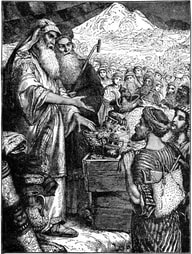
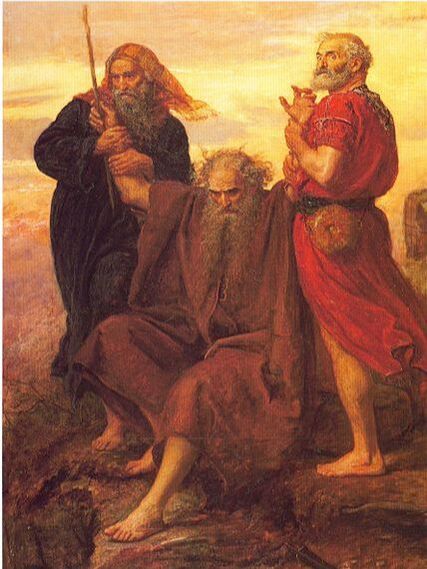
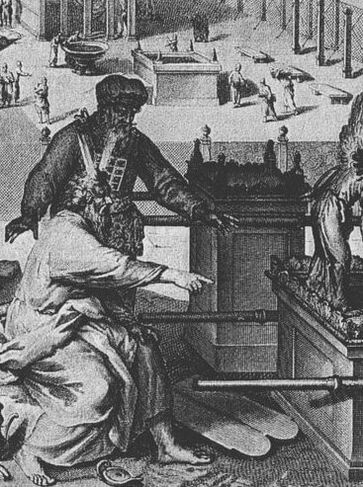
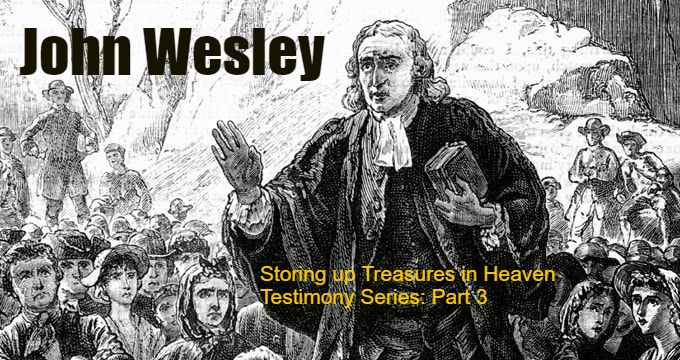

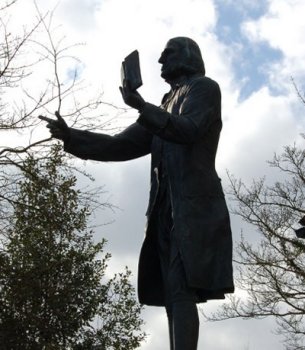
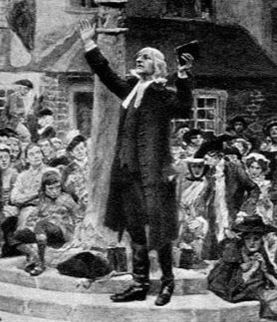
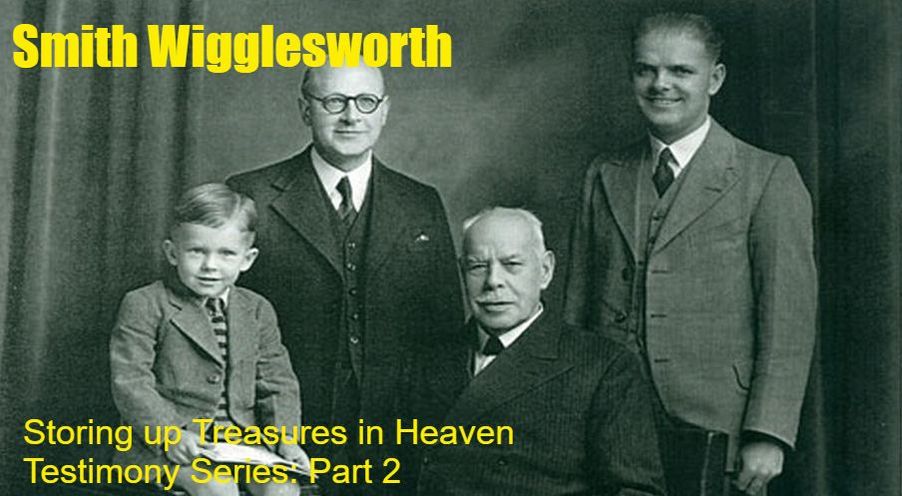
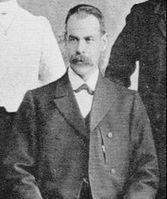
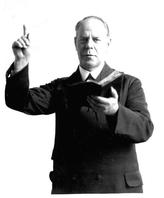
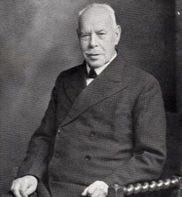
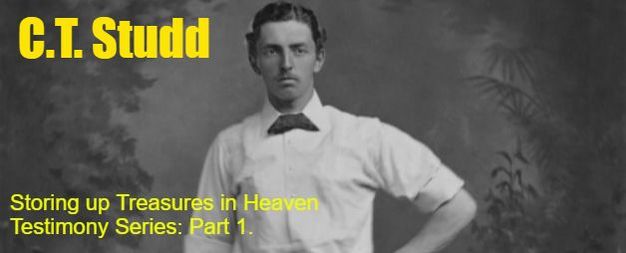
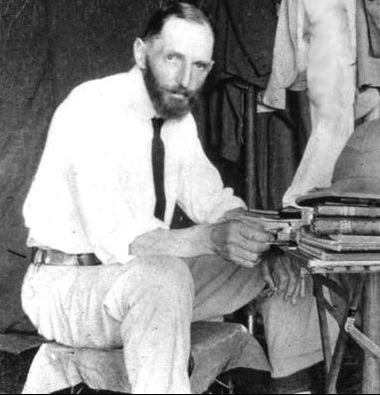
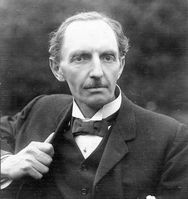
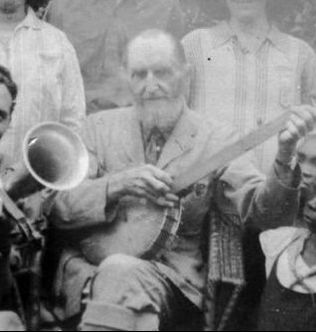
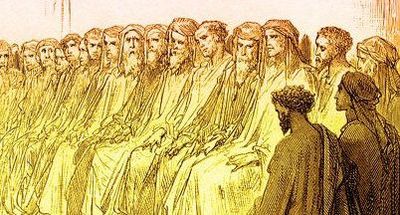
 RSS Feed
RSS Feed